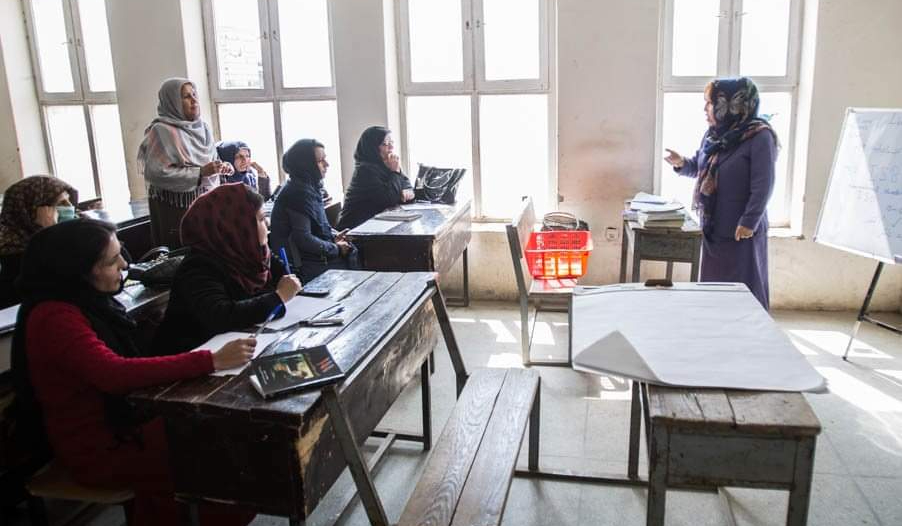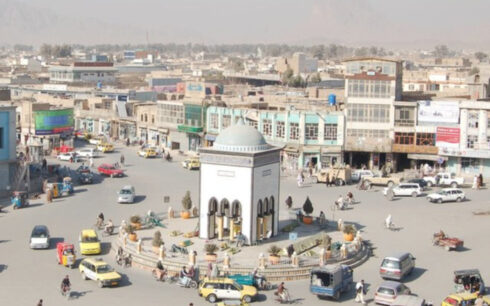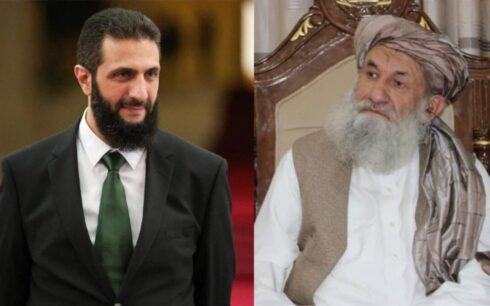A number of women aid workers in Kandahar said they have faced a dire situation after the Taliban ban on female employees of national and international non-governmental organizations in the country.
They said they face financial hardships due to unemployment.
Taliban’s Ministry of Economy in an order on Dec. 24, 2022, banned women from working in NGOs, a decision that led to the closure of major aid agencies in Afghanistan, including the suspension of UN’s cash aid to the country.
Figures from the Agency Coordinating Body for Afghan Relief (ACBAR) show that 1,523 women in Kandahar in 53 aid agencies have lost their jobs after the Taliban announcement.
One of these women, Tabasum Popal, who worked for the Human Resource Development Agency (HRDA) in Kandahar, said she is the only breadwinner for her nine-member family.
She said they have been asked to work remotely from home but added that she fears losing her job if the decision is not revoked.
“I hope the Taliban pays attention to people’s lives because I am the only breadwinner for my family and if I become unemployed, how difficult our lives will be. I urge the Taliban to lift the ban on women’s work,” she said.
Farzana Nawab, who owned a handicraft workshop at the women-only Ainu Mena market in Kandahar, said she had employed several vulnerable women, but now all of them are unemployed after the Taliban forced them to close the market.
Nawab, who is also the only breadwinner of her family, said all sellers at the market used to observe hijab and “only women were working at the market who all were vulnerable.”
It is not yet clear, so far, if the Taliban would allow aid women workers to return to their jobs. Secretary General of the Norwegian Refugee Council, Jan Egeland, who visited Kabul to discuss the Taliban’s high-ranking officials regarding the ban on aid women, said that all humanitarian operations have been paralyzed across Afghanistan.
He said in a tweet on Friday that the NRC would resume lifesaving activities once the organization is allowed to work through female and male staff.
“We have worked for the people of Afghanistan since 2003 and are ready to continue serving people in need, with our hard-working female and male staff,” Egeland said.





